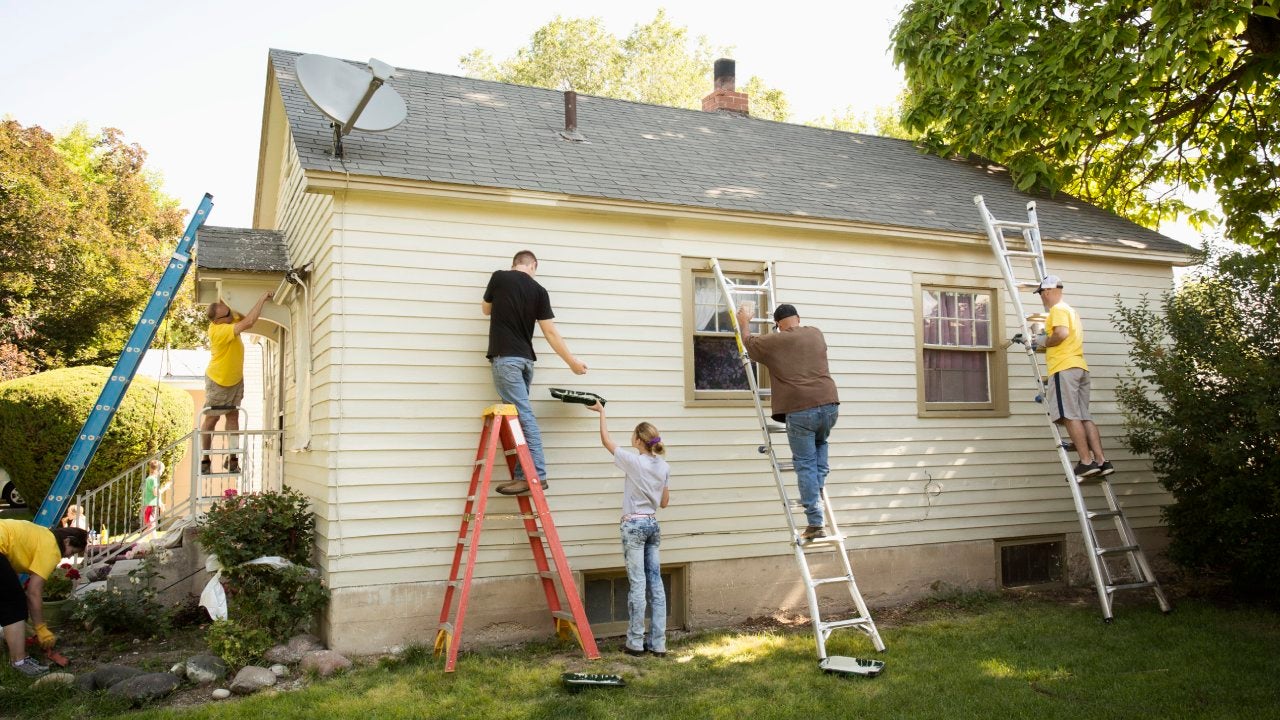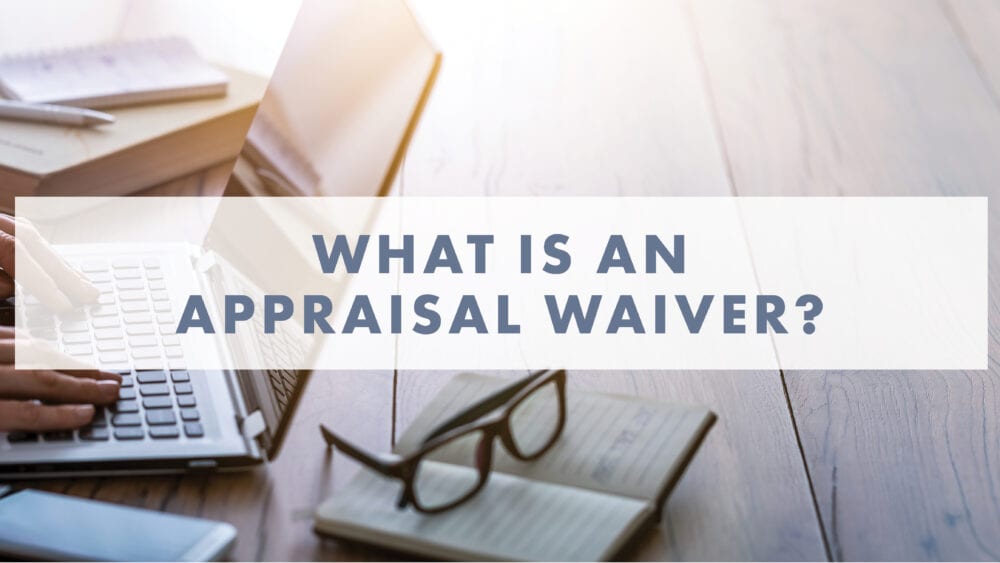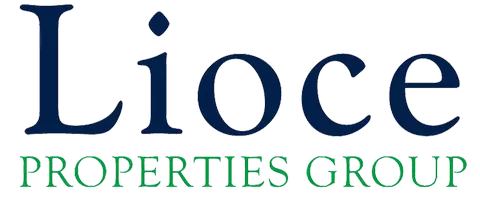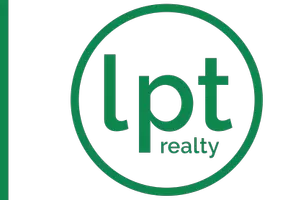
The Pros & Cons of Waiving Home Sale Contigencies
In the competitive world of real estate, sellers often find themselves in a position where they must make quick decisions to attract buyers and close deals. One such decision involves waiving home sale contingencies. While this strategy can make a listing more appealing, it also carries its own set

Factors to Consider Before Buying a Flip
When it comes to real estate investment, flipping houses has emerged as a popular strategy for generating profit. It involves purchasing a property, making necessary renovations, and then selling it for a higher price. While the potential rewards can be significant, there are several factors that pr

Waiving Appraisals - What You Need to Know
Waiving Appraisals - What You Need to Know In today’s competitive real estate market, many buyers and sellers are exploring various strategies to make their transactions more appealing and efficient. One such strategy gaining traction is waiving appraisals. This practice can have significant implica
Leave a reply

